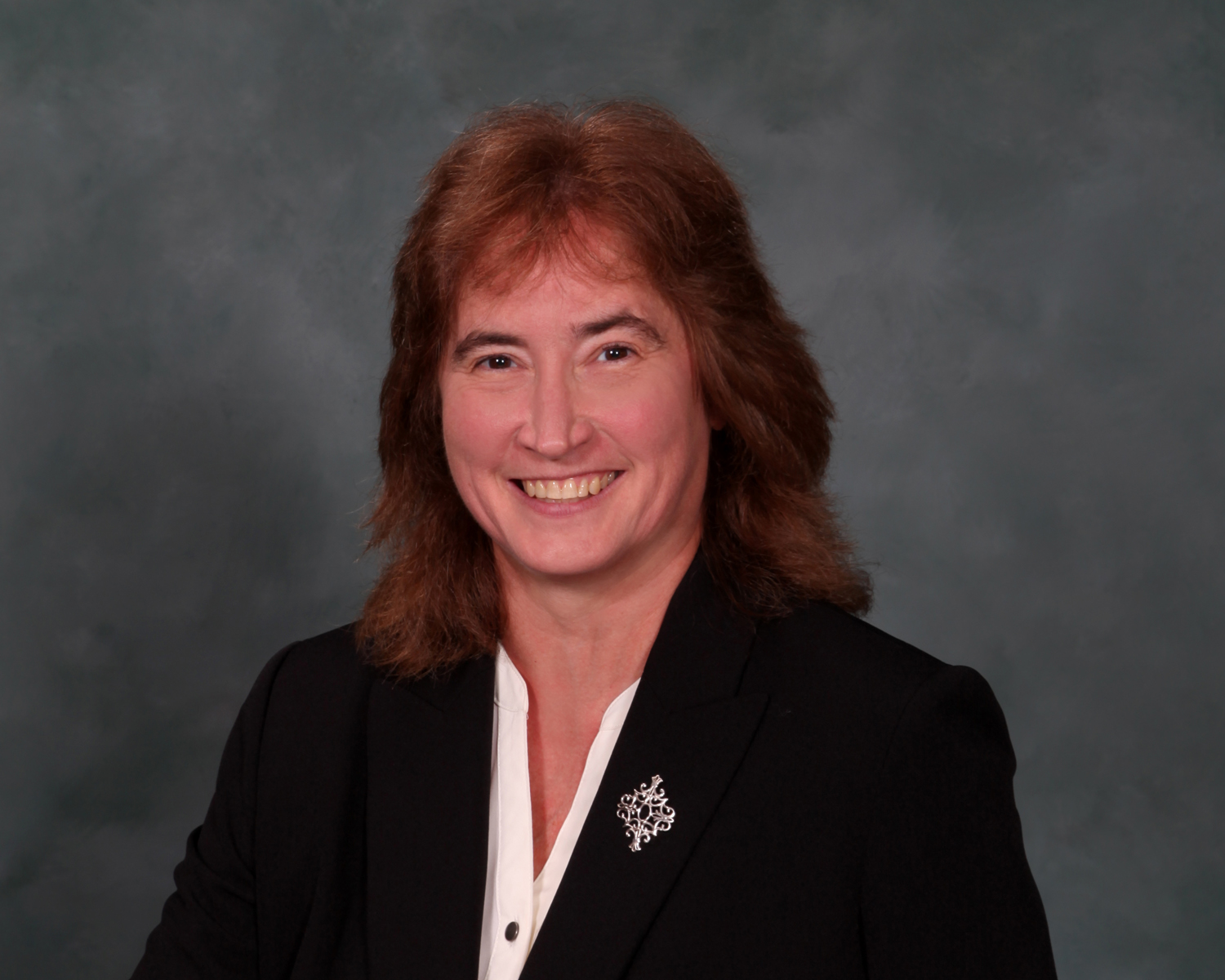
Within my remarks from the President’s Breakfast at NCSS Chicago, I asked attendees a few basic questions regarding our profession: What about us? What about the future of Social Studies? How do we advocate for a profession that continues to be marginalized and underfunded? While there is no finite list of resources for advocating for social studies, NCSS and its members continue to work hard to keep social studies in the spotlight daily. Some of the recent efforts include:
- NCSS has supplied letters of support for the advocacy efforts of our colleagues in South Carolina as they continue to work to stop the potential unintended consequences of removing testing for social studies at the elementary and middle levels, how it could impact students in the schools, and how it could impact colleagues as social studies professionals. To that end, South Carolina is advocating for Social Studies: Every Student, Every Day. They desire that, IFtesting is to be eliminated, the South Carolina General Assembly must guarantee instructional time for K-8 social studies.
- Additionally, the NCSS Board of Directors recently agreed to co-sign a letter with the California Council for the Social Studies regarding a proposal to eliminate the history and civics requirement within the California State University (CSU) system. The Board agreed that this was no time for our universities to sell their graduates short in preparing them to be active participants and leaders in our body politic. It is hoped that the faculty of the CSU will renounce this proposal and preserve and even enhance the current “American Institutions” graduation requirement.
- The C3 Framework and the Religious Studies Companion Document (added in 2017) continue to resonate with teachers and have sparked webinars, conference sessions at both the state and national level, and summer institutes. It continues to be the “go to” document for encouraging both informed action and student voices in the social studies.
- Efforts to strengthen and improve Rho Kappa remain strong. Now with over 700 chapters at the senior high level, the National Rho Kappa Advisory Council continues to work towards implementation of two student scholarships to be awarded annually starting in the spring of 2020, and the implementation of Rho Kappa at the junior high level starting with the 2019–2020 school year.
- Personally, I’ve enjoyed my time at the various state conferences that I have attended working to advocate for our future by connecting with pre-service teachers. Several councils have highlighted my position as an active teacher/department chair and included me in their pre-service teacher activities to better prepare our next generation for their futures in the field.
- The “Red for Ed”movement continues to sweep throughout the nation as teachers advocate “for our students, for our schools, and for ourselves as educators.” Not necessarily as a social studies movement, but advocacy at the state level for all. As Connecticut Representative (and former Teacher of the Year) Jahana Hayes once stated so beautifully: “Teachers are nation-builders. That’s our job: To effect change, to improve outcomes.”
So, my friends, I encourage you to read the messages within this edition of TSSP and develop your own plan to advocate for social studies. Go back and read my remarks “Revitalizing Civic Learning” in the January/February issue of Social Educationif you are still looking for ideas. When you have a developed plan, encourage your colleagues to join you: our combined voices are much stronger, especially when they have a unified message. Let NCSS know how you are advocating for social studies at tssp@ncss.org, and as always, feel free to contact me at imeissel@ncss.org if I can be of any assistance.
Be the nation-builder that our students need.